Small Business Financing
Debt Consolidation: When Is It Worth It?
Debt consolidation can reduce stress and interest, but only in the right circumstances. Find out how to evaluate if it’s worth pursuing.
Advertisement
Clear ways to combine debts, lower rates, and stay in control

If you’ve ever felt buried under multiple credit card bills or juggling several loan payments, you know how overwhelming debt can feel.
Debt consolidation promises a simpler path: rolling multiple debts into a single loan or credit line. But when does it actually make sense?
This guide explores when consolidation works, when it doesn’t, and how to decide if it’s the right move for your situation. Along the way, you’ll find practical examples and expert tips that make the concept easier to apply in real life.
What Is Debt Consolidation?
Debt consolidation means combining multiple debts—usually high-interest credit cards or personal loans—into one account. Instead of making several payments each month, you pay just one.
The main goal is often to secure a lower interest rate, simplify payments, and shorten the payoff timeline. However, not every borrower benefits equally, which is why evaluating your circumstances is crucial before jumping in.
Think of consolidation as restructuring, not erasing, your debt—it works only if you remain disciplined and consistent.
How Debt Consolidation Works
To consolidate debt, you usually apply for a new loan or line of credit. This loan pays off your existing balances, leaving you with only one monthly payment.
Some people use personal loans, others use balance transfer credit cards, and some even opt for home equity products.
Each option has pros and cons depending on your credit score, income stability, and repayment discipline.
The better your financial profile, the better the terms you’ll likely receive.
- Personal loan: Fixed interest and predictable payments, ideal for structured payoff plans.
- Balance transfer card: Introductory 0% APR offers can save money, but require strong credit and discipline to repay before rates rise.
- Home equity loan/line: Potentially lower rates, but your home is collateral, which adds risk.
When Debt Consolidation Makes Sense
Consolidation can be a financial lifesaver when certain conditions apply. It’s not about escaping debt—it’s about reorganizing it in a way that’s easier to manage and less expensive.
Borrowers with high-interest credit cards or scattered loans often find relief by bringing everything together.
- You qualify for a lower interest rate than your current debts.
- You’re juggling multiple payments and want simplicity.
- You have a steady income to support consistent repayment.
- You’re committed to not racking up new debt while repaying.
When these conditions align, consolidation doesn’t just reduce stress—it can save thousands in interest over the life of the loan.
When Debt Consolidation Might Not Help
Debt consolidation isn’t always the best path. In some cases, it can even make things worse if used carelessly.
Being honest about your financial habits is key before taking the leap. For example, if spending got you into debt in the first place, consolidation won’t fix the root issue.
- If your spending habits aren’t under control, you may end up with more debt.
- If fees outweigh savings, consolidation costs more than it saves.
- If your credit score is very low, you might not qualify for favorable terms.
- If your debts are already small or manageable, consolidation may not provide much benefit.
Pros and Cons of Debt Consolidation
Understanding both the benefits and drawbacks helps you make a balanced decision. Here’s a side-by-side comparison to highlight the trade-offs clearly:
| Pros | Cons |
|---|---|
| Simplifies monthly payments | Fees may cancel out savings |
| May lower interest rates | Requires discipline to avoid new debt |
| Can improve credit with timely pay | May need good credit to qualify |
| Helps pay off debt faster | Risk if using collateral (home equity) |
A clear look at both sides ensures you’re not blinded by the appeal of “simpler payments” without recognizing potential risks.
Tips to Make Debt Consolidation Work
Even if consolidation is right for you, success depends on how you handle it. Discipline, planning, and smart money habits turn consolidation from a quick fix into a long-term solution. Building a budget alongside your repayment plan is essential.
- Compare offers from multiple lenders before choosing.
- Calculate total costs, including fees and interest, not just monthly savings.
- Automate payments to avoid missed due dates.
- Pair consolidation with a strict budget to prevent new debt.
- Track progress monthly to stay motivated and make adjustments.
Alternatives to Debt Consolidation
If consolidation doesn’t fit your situation, there are still ways to regain control. Alternatives may be more effective depending on your financial profile.
Choosing the right repayment strategy often comes down to psychology: do you need quick wins or long-term savings?
- Snowball method: Pay off smallest debts first for motivation.
- Avalanche method: Focus on highest interest debt to save money.
- Negotiating with creditors: Sometimes lenders reduce rates or offer hardship programs.
- Credit counseling: Nonprofits can help build structured repayment plans.
Each alternative has unique advantages. The snowball boosts motivation, the avalanche maximizes efficiency, negotiation can provide immediate relief, and counseling adds professional guidance.
Real-Life Scenarios
Imagine you have three credit cards with rates over 20% and a personal loan. Consolidating into one personal loan at 12% could cut interest dramatically and simplify your life.
On the other hand, if your debt is small and manageable, a snowball or avalanche approach might be faster and cheaper.
Another example: a homeowner with equity might consolidate at a very low rate, but that comes with the risk of putting their home on the line.
These examples show that consolidation isn’t a one-size-fits-all solution—it depends on your debt load, habits, and goals.
Final Thoughts on Debt Consolidation
Debt consolidation can be a powerful tool when used wisely. It offers structure, potential savings, and relief from juggling multiple payments.
But it’s not magic—it won’t work without financial discipline and a plan to avoid future debt. If you qualify for better terms and are committed to repayment, consolidation may be worth it.
Ultimately, the right choice is the one that helps you take control of your finances and move toward a debt-free future.
Remember, consolidation is a stepping stone—it should simplify your journey, but the ultimate destination requires steady commitment and smart money habits.
Trending Topics
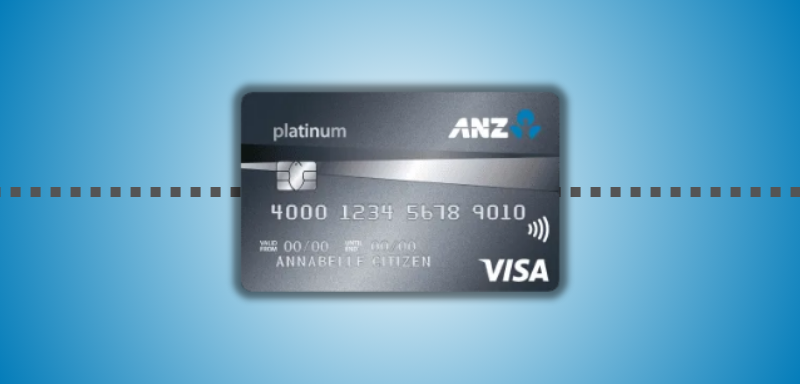
ANZ Platinum Credit Card Review: $300 Cashback!
The ANZ Platinum Credit Card offers a wealth of benefits, from travel insurance to concierge service. See if it’s the right choice for you.
Keep Reading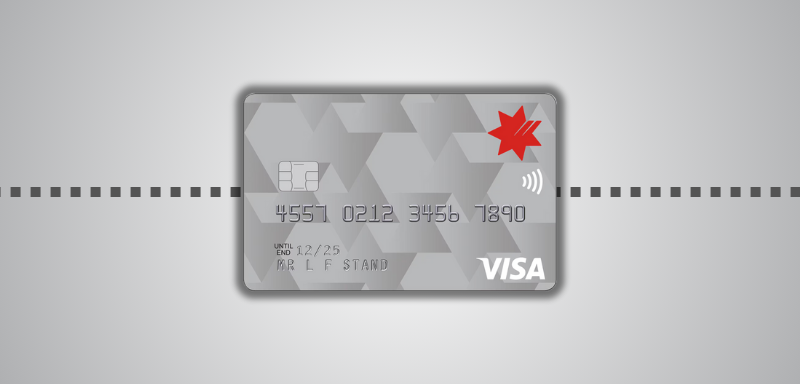
NAB Low Fee Credit Card review: Say Hello to More Savings
Meet your new money-saving BFF! NAB Low Fee Credit Card has a $30 annual fee and up to 55 interest-free days. Perfect for savvy spenders!
Keep Reading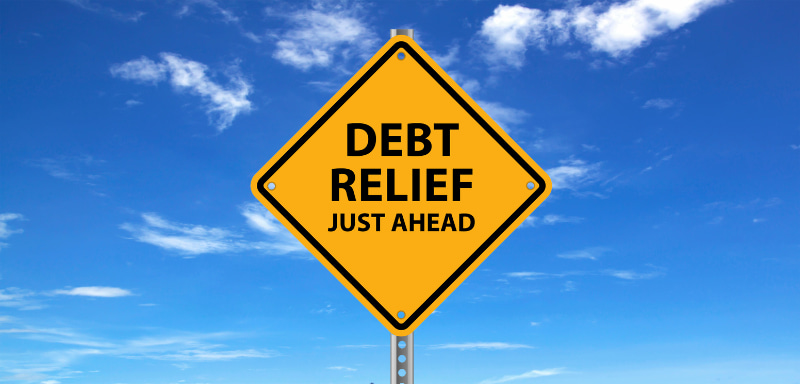
Navigating Debt Relief: A Step-by-Step Guide to Crafting Your Debt Management Plan
Ready to tackle your debt? Learn how to take charge with these 15 proven strategies for debt relief and financial recovery.
Keep ReadingYou may also like
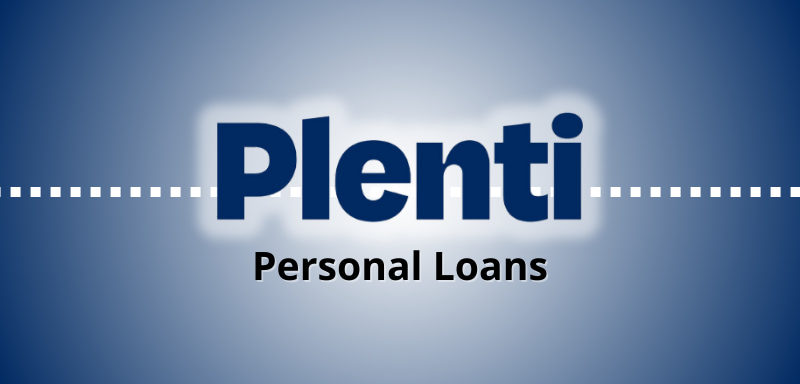
Plenti Personal Loans Review: Digital and Fast Lending
Explore Plenti Personal Loans: flexible terms and fast approval. Check out our full review to see how Plenti can help you—or not.
Keep Reading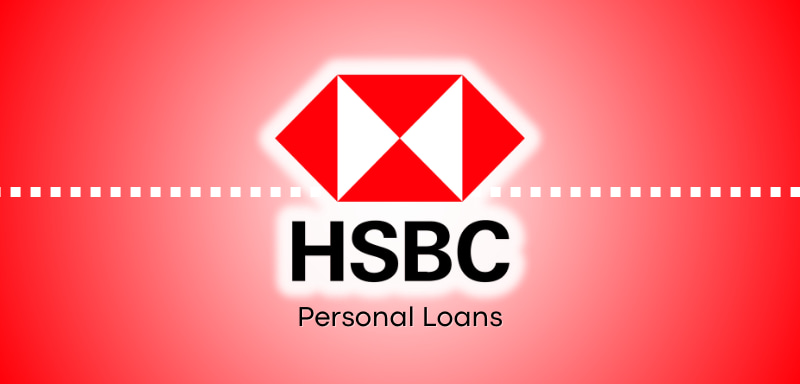
HSBC Personal Loan review: Affordable Rates, Maximum Benefits!
Discover how the HSBC Personal Loan can help you achieve your financial goals with fixed rates, quick approval, and no hidden surprises.
Keep Reading